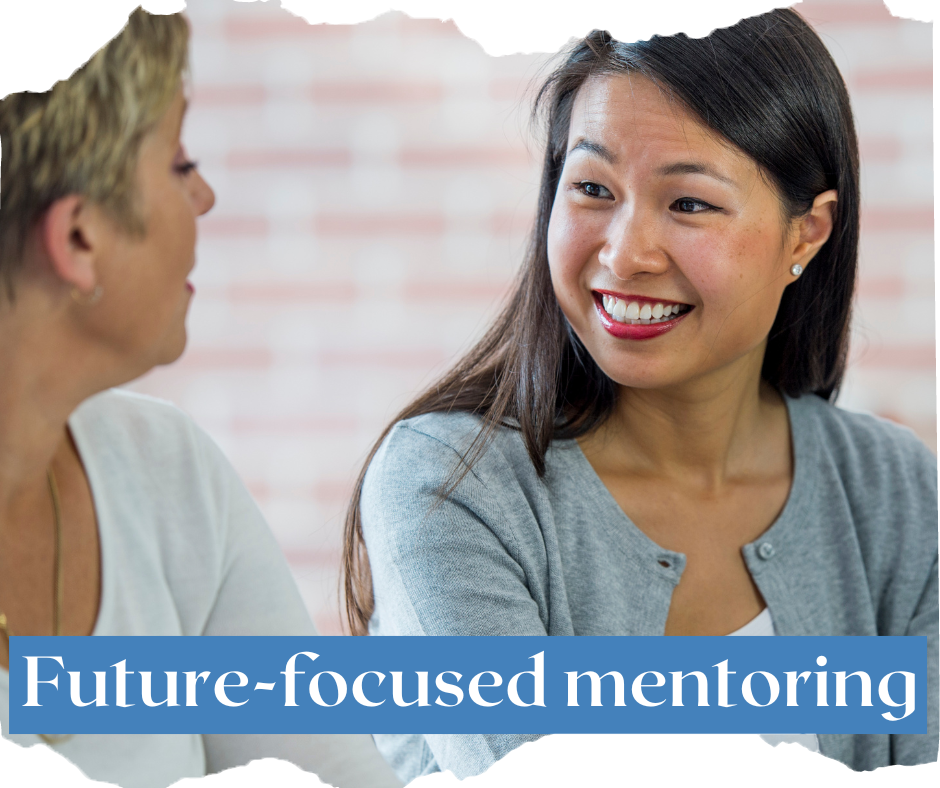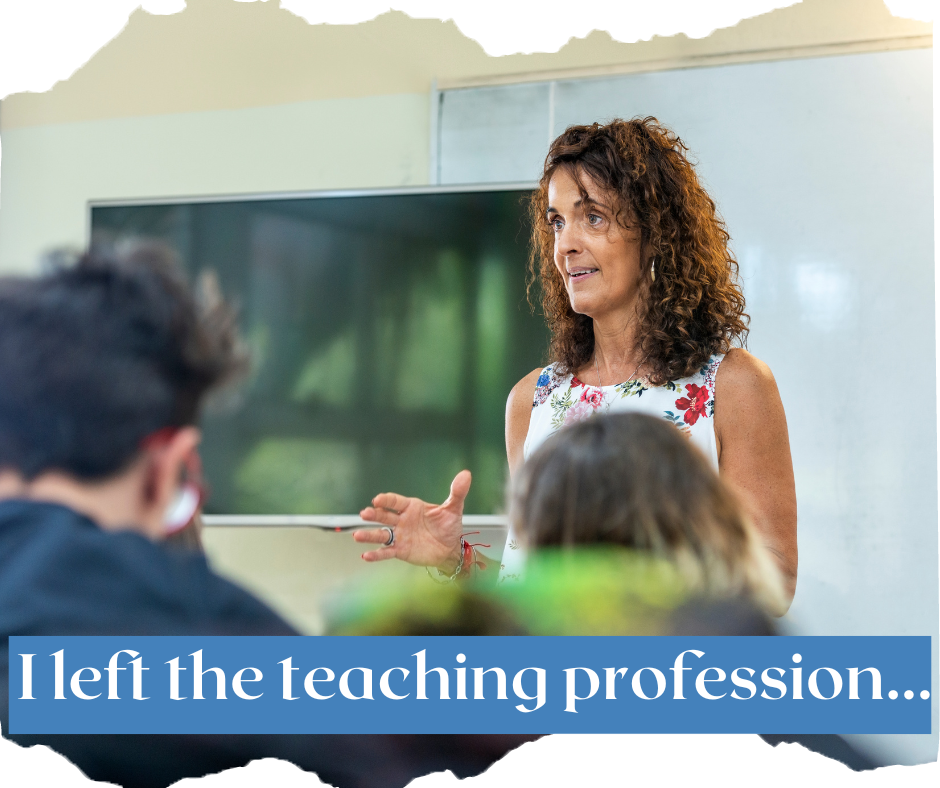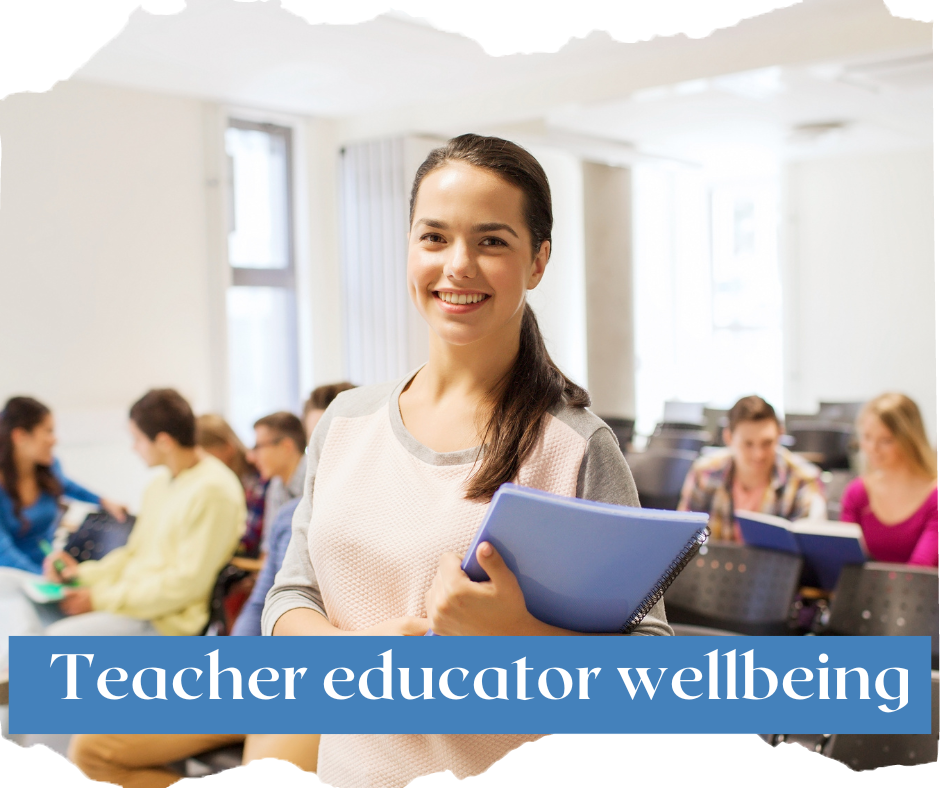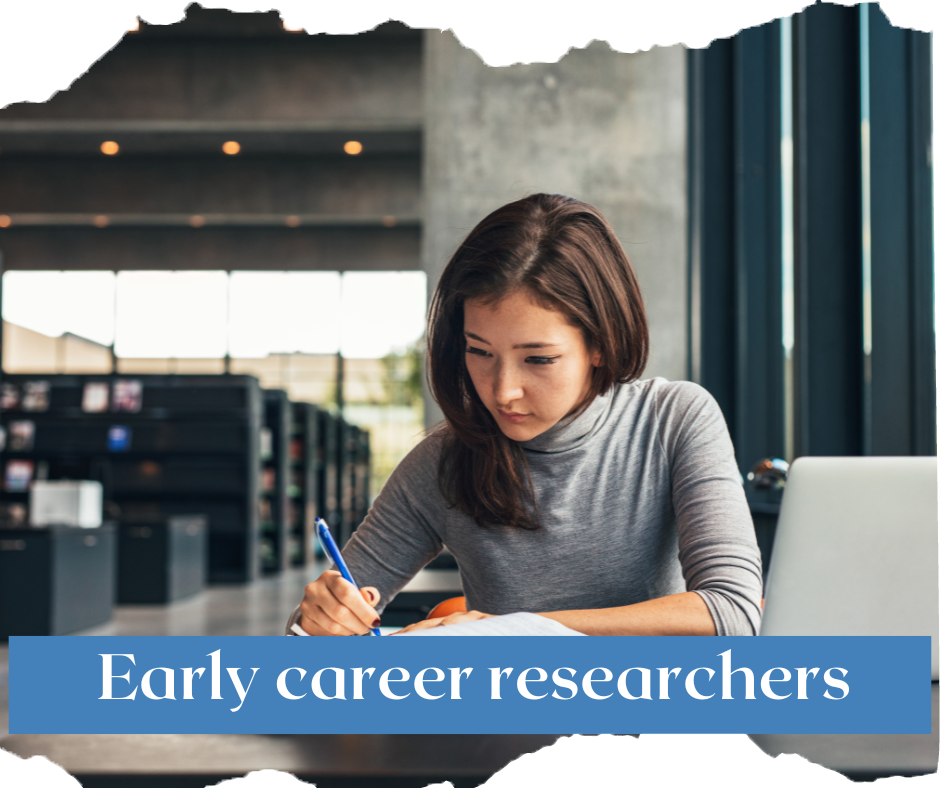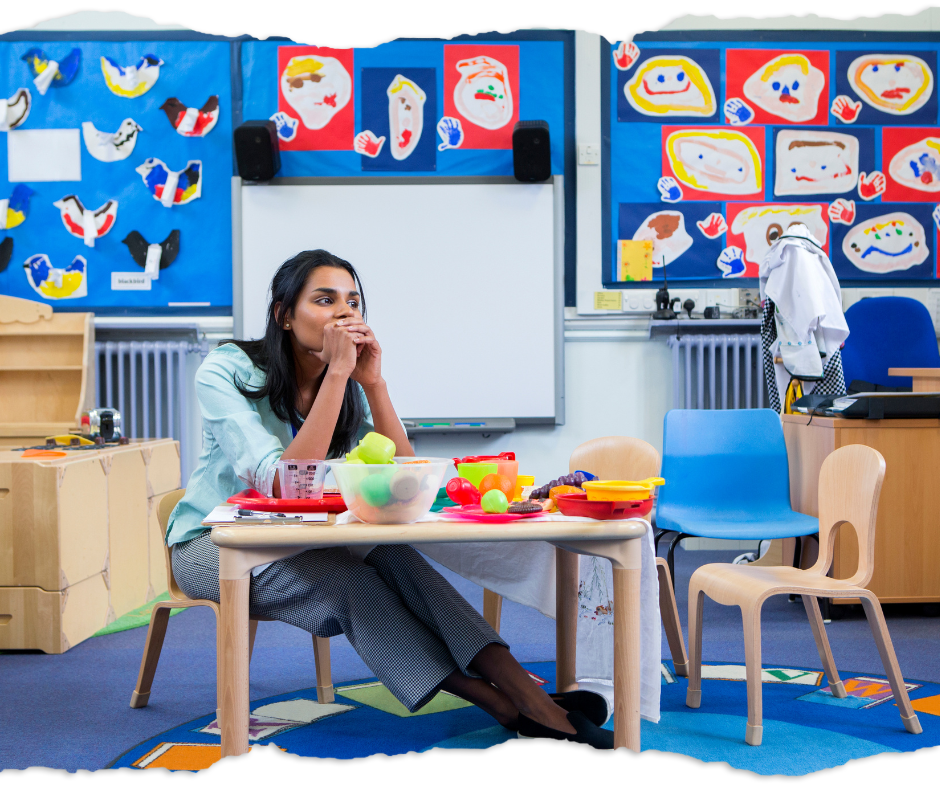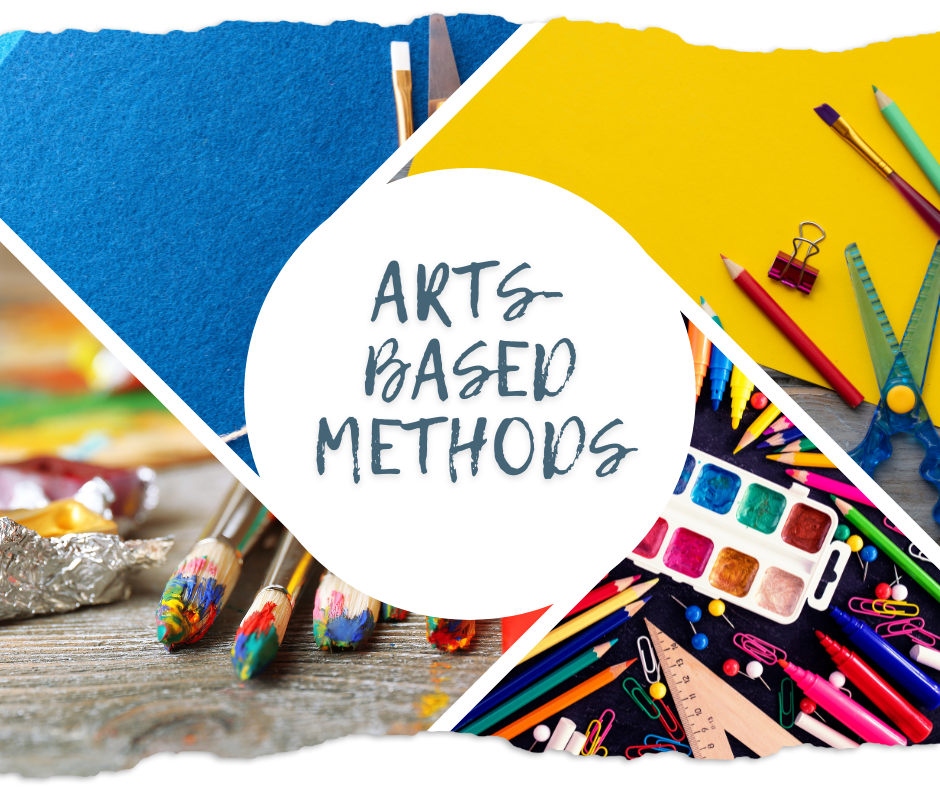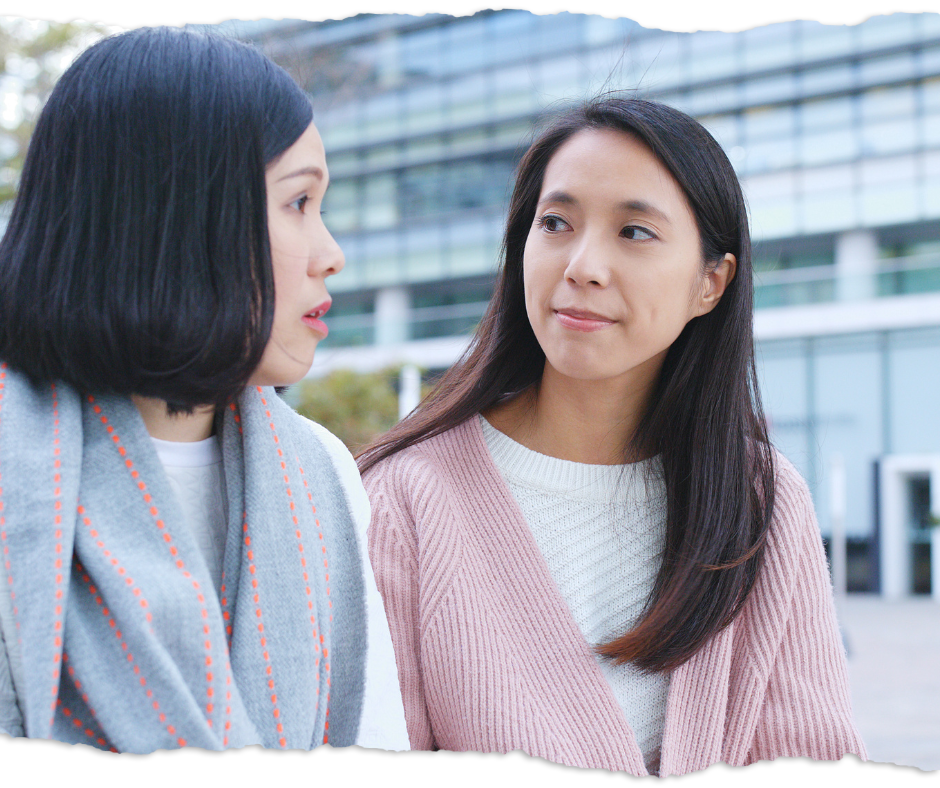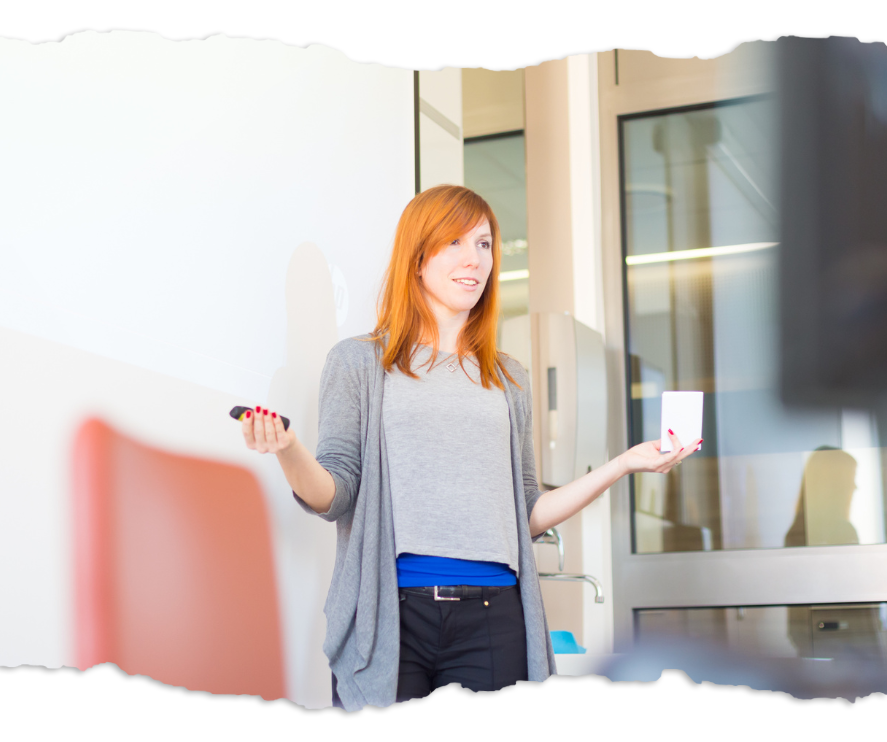Projects
Select the project images below for further information
Future-focused mentoring
Team
Dr Ellen Larsen
Dr Elizabeth Curtis
Associate Professor Hoa Nguyen
Associate Professor Tony Loughland
Dr Melissa Fanshawe
Dr Ian Davis
Dr Cecily Clayton-Jensen
What is Future-focused mentoring?
Future-focused mentoring (FfM) heralds in a new era in mentoring; one that is about providing a way for teachers to learn together that will set them up to address the complexities of their work effectively, flexibly, and creatively.
Why is Future-focused mentoring important?
Teachers are facing a future that will undoubtedly include rapid change, unknown complexities, and escalating demands. Teachers must develop dispositions that will enable them to rapidly pivot, innovate and problem-solve.
What makes it different?
So, rather than solely focusing on developing teachers’ pedagogical skills, FfM also aims to nurture and leverage the kinds of intellectual virtues, such as curiosity, intellectual humility, thoroughness, open-mindedness, and tenacity, that will see them meet these demands head-on.
We work with both ECTs and mentors in our professional learning. Only then are both partners equipped to fully engage in meaningful and mutually beneficial mentoring conversations. Further, we are empowering ECTs with the skills to be the next mentors in schools. This is time and cost efficient.
This approach uses a simple structure and principles that value the personal potential of all teachers, the significance of non-hierarchical relationships to mutual learning, and the importance of exploring innovative ways of working.
Their participation requires them to think differently about their roles in the mentoring process and the ways in which they interact together.
For more information about current FfM research projects with schools and professional learning please contact me.
I left the teaching profession
"I left the teaching profession … and this is what I am doing now”: A National Study
Professor Robyn Brandenburg
Professor Alyson Simpson
Dr Ellen Larsen
Dr Richard Sallis
Team
A significant body of research has tracked the influence of teachers’ work and lives (Day & Gu, 2013) and on their retention. Research, media reports, and anecdotal evidence report teachers’ intentions to leave the profession within their first five years of teaching at a rate of up to 50% of the workforce (Ingersoll & Strong, 2011). The recent Workforce Shortages paper released by the Minister for Education states that “Australian schools are facing unprecedented teacher supply and retention challenges, with workforce shortages one of the single biggest issues facing teacher employers in all school sectors and early childhood education settings across Australia (2022, p. 3).
Project
This project, “I left the teaching profession … and this is what I am doing now”: A National Study seeks to gather Australian workforce data to understand more about the teachers who have left the profession, and to gain insights into their current work. The research project intentionally focuses on teachers who have left the profession in the past 7 years to potentially capture exit patterns within and beyond the five-year ‘norm’.
The key outcome is to provide evidence to stakeholders including the Government, Departments of Education, Principals, teachers, Initial Teacher Education Program, Curriculum designers, and teacher educators to inform workforce planning and gather insights about the ways that all stakeholders might respond to the exodus from the teaching profession.
Link to survey.
Teacher educator wellbeing
Dr Ellen Larsen
Dr Kristina Turner
Professor Georgina Barton
Professor Susie Garvis
Team
There has been a significant increase in the focus on teacher well-being over the past decade as the complexities and stresses of the teaching profession have come under scrutiny. The well-being of school teachers has become a significant concern due to unprecedented work intensification, issues of diminishing public value and professional status, and inconsistent support within a profession that is both demanding and complex. Much less has been investigated however regarding the well-being of teacher educators, yet, teacher educators have also experienced similar professional issues such as escalated workload and performative requirements, casualisation and job insecurity, increased administrative loads and de-professionalisation. As such, this project aims to explore the challenges faced by teacher educators at universities across Australia in relation to their ongoing well-being and resilience. This project will document teacher educators' experiences through arts-based and reflective methods in the hope to find solutions to the improvement of well-being and resilience.
Stay tuned for updates and highlights.
Project
Early career researchers (ECR Project)
Dr Ellen Larsen
Dr Yvonne Salton
Dr Melissa Fanshawe
Dr Lisa Ryan
Vicki Cameron
Dr Yvonne Findlay
Dr Marthy Watson
2022 Team
Building a career as a researcher is complex and demanding. In the early stages of this endeavour, ECRs must learn to navigate the complexities of the academy and reshape/reconstruct a researcher identity. For contemporary ECRs, this challenge is exacerbated by intensified pressure to meet ever-increasing institutional expectations.
In 2021, the Teacher Education Early Career Researcher Advocacy and Action (TEECRAA) group was formed to give early career researchers (ECRs) in the teacher education space at one university a forum where their experiences could be highlighted and shared. Foreseen as a means of collegial support, these researchers concurrently intended that a deepened understanding of their researcher experiences would inform the development of effective support mechanisms for their research work.
Project
Out of this group was formed the Early Career Researcher Project, which has gone on to complete local and national data collection with the aim to understand the researcher experiences of ECRs in diverse contexts. We have investigated:
1. The impact of the TEECRAA group on ECR development and experiences of advocacy
2. The experiences of ECRs working in school contexts
3. Motivations to undertake doctoral qualifications connected to the education discipline
4. Wellbeing of ECRs across disciplines
See the video below for further detail.
Stay tuned for 2023 updates!









